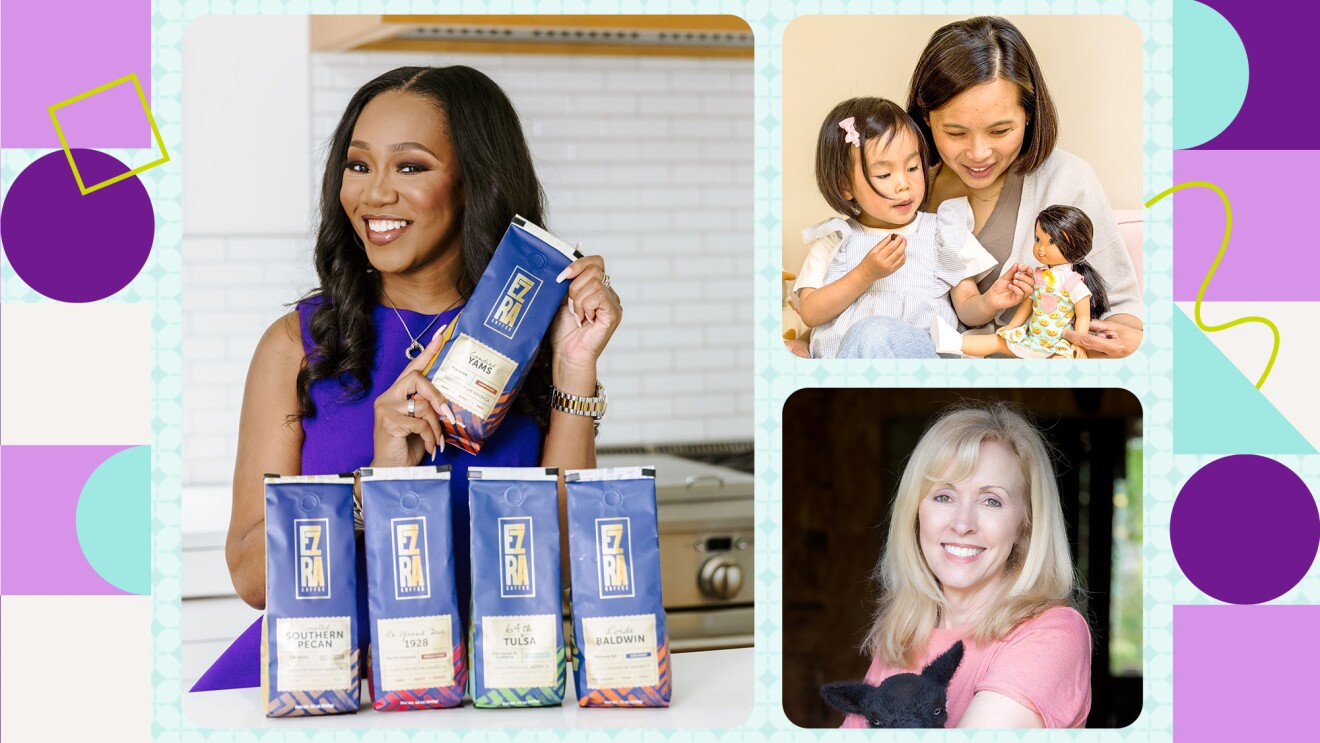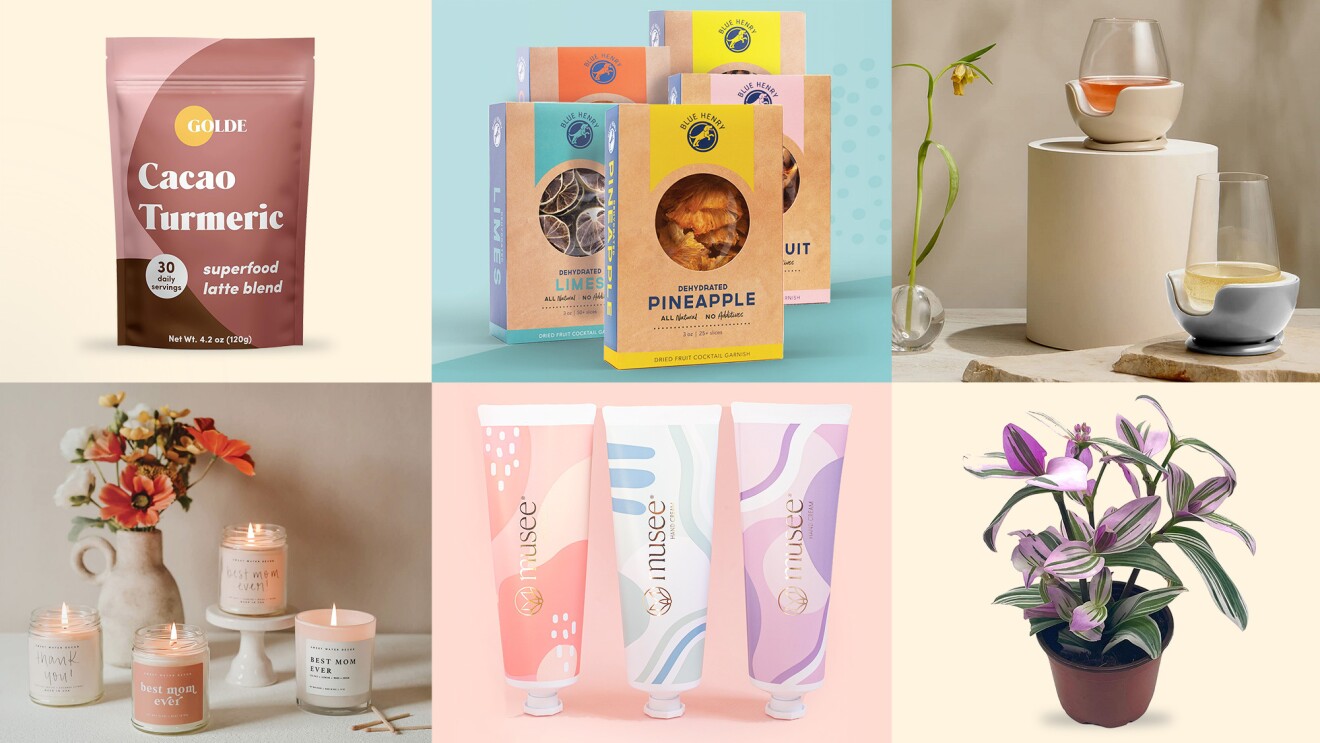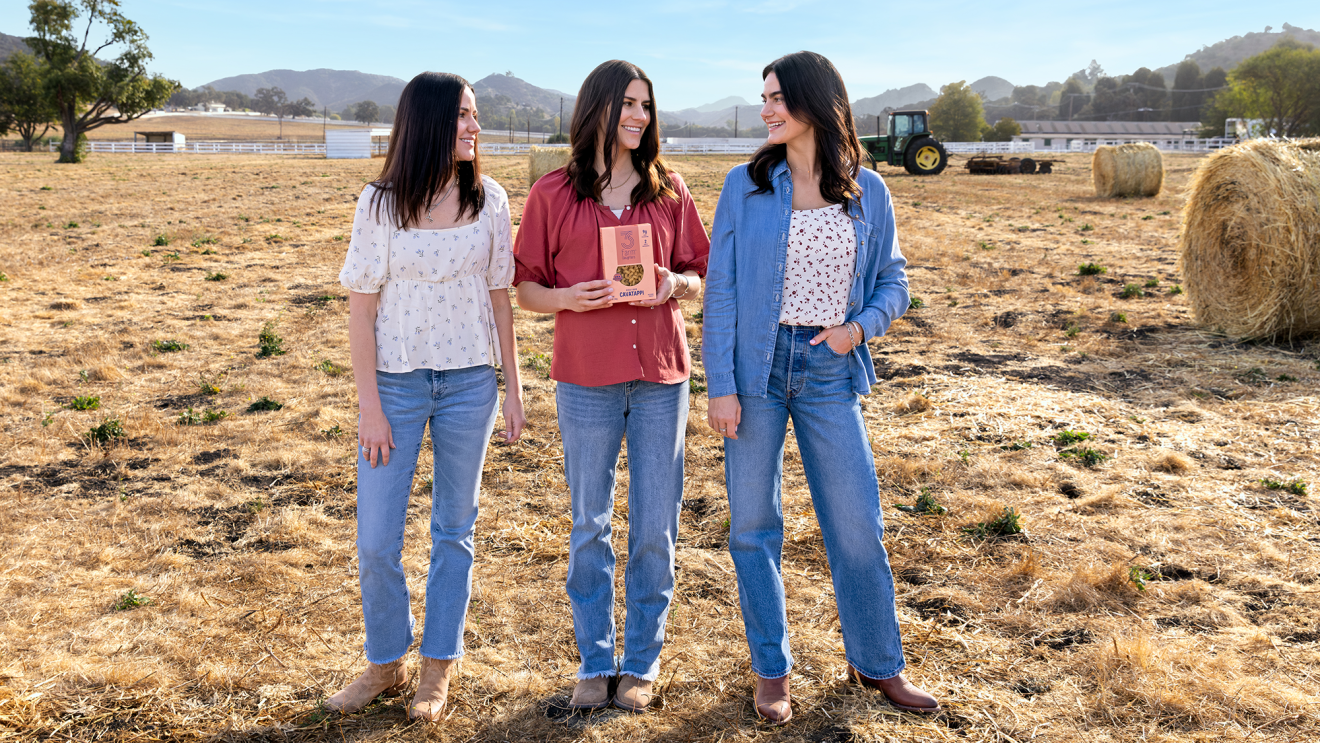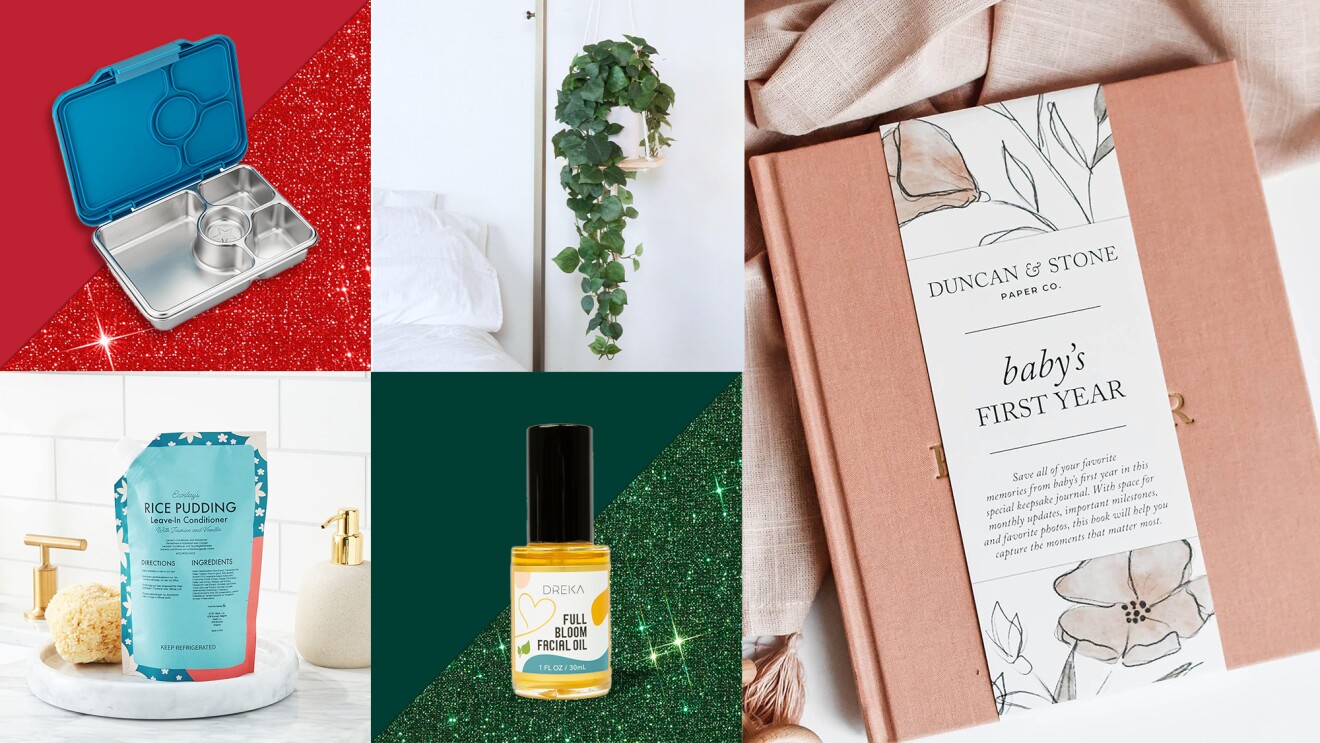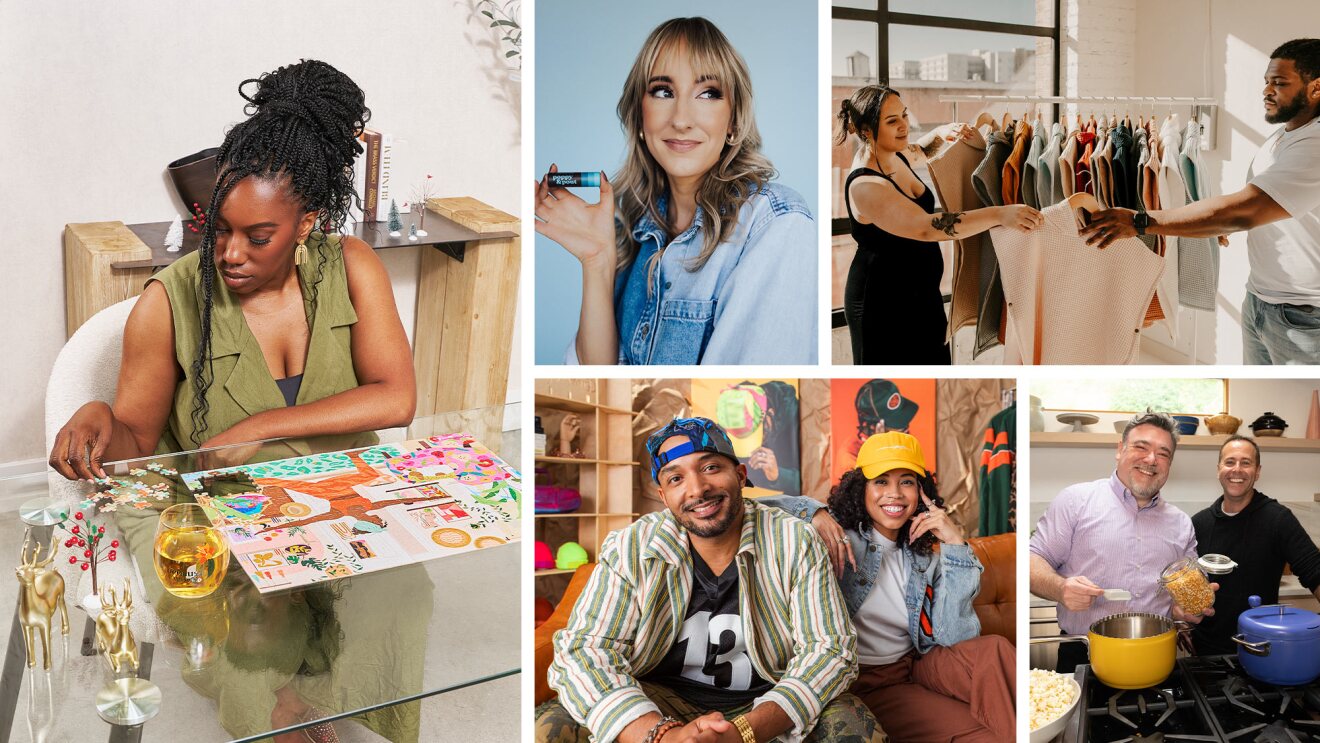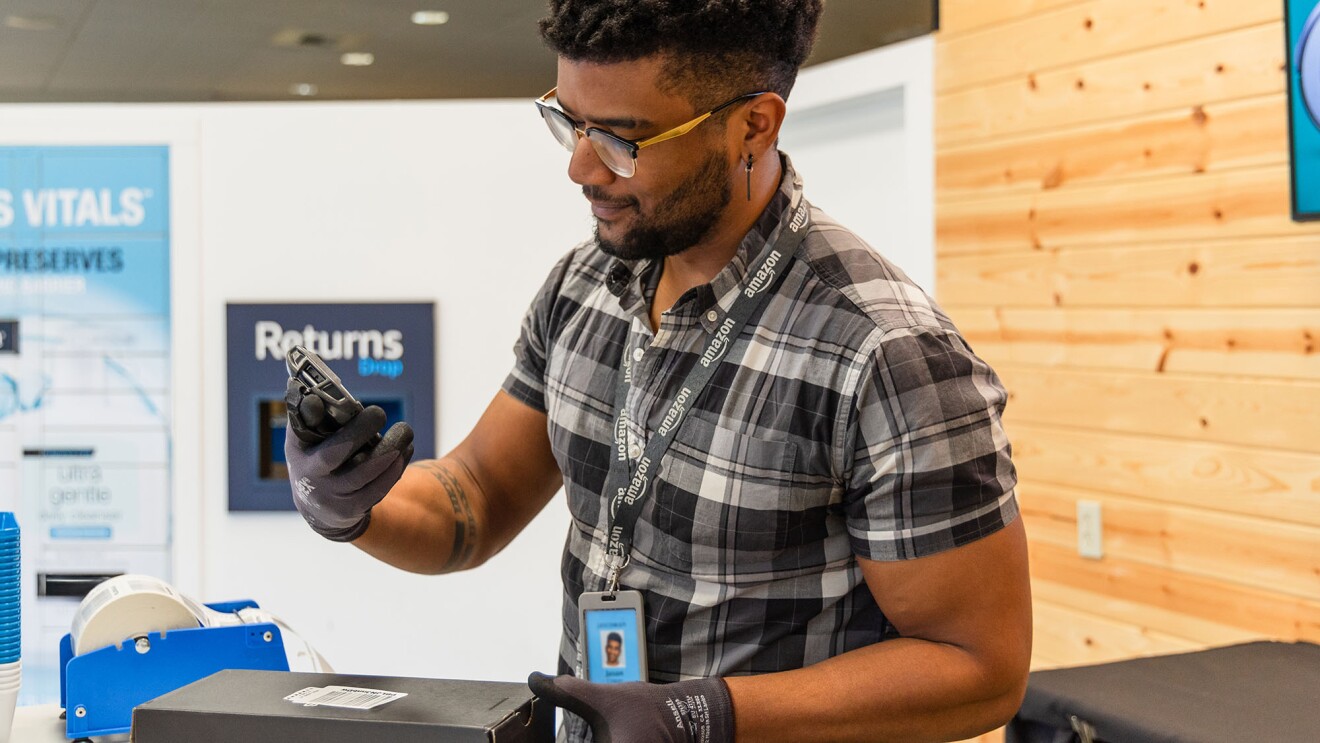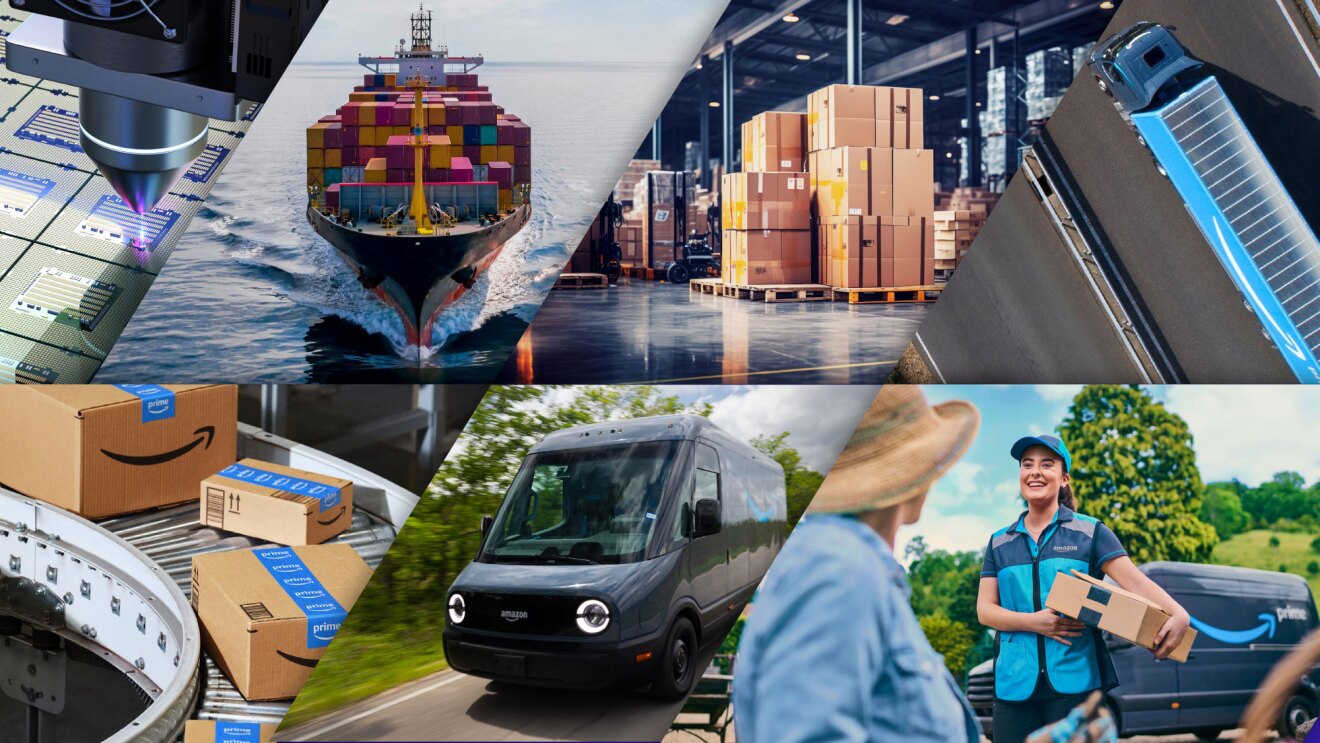In celebration of Earth Month, we are excited to share three Amazon Launchpad startups who incorporate sustainability and social responsibility into their everyday work. Amazon Launchpad is a program that makes it easy for startups to launch, market, and distribute their products to hundreds of millions of Amazon customers across the globe.
Back to the Roots
01 / 04
Back to the Roots is on a mission to reconnect families to food through its indoor gardening kits. Co-founders Nikhil Arora and Alejandro Velez started the company while attending college, after learning how gourmet mushrooms can grow on spent coffee grounds. They experimented and ultimately gave up their corporate job offers to become full-time urban mushroom farmers.
“Our company mission is what drives our social responsibility,” said Arora. “We try to embed that into everything we do – our packaging, our supplier relationship, our sourcing, and more.” All of the company’s products are made in the United States, and their mushroom kits have upcycled more than four million pounds of organic plant-based farm waste as a soil for growing mushrooms.”
Back to the Roots discovered through social media, that children and families were some of the company’s most passionate fans, when they began selling their first product: organic mushroom kits that grow mushrooms in only 10 days. They applied these learnings to create a “Grow One, Give One” campaign: for every photo of their indoor gardening kit shared online by a customer, the company donates one kit and STEM-based classroom curriculum to a school of the customer’s choice.
“Food – how and what we grow – is one of the biggest contributors to pollution, global warming, and more,” said Velez. “Our food system today is not working, but it is such a huge part of building a more sustainable world. We think changing that system starts with changing how kids look at food.”
Over 650 million people around the world do not have access to clean and safe drinking water. We know we can help end the global water crisis.
Tal Chitayat, CEO of Soma
Soma
01 / 03
Soma is a socially responsible design company on a mission to hydrate the world. The company makes uniquely-designed water filters and water bottles that support charitable programs around the globe. The company’s founders created their first product, the award-winning Soma glass carafe water filter, because they were frustrated with the options for water filters at the time.
“Over 650 million people around the world do not have access to clean and safe drinking water,” said Tal Chitayat, CEO of Soma. “We know we can help end the global water crisis.” Today, every Soma purchase supports its partner, charity: water. Soma funds clean drinking projects in Ethiopia, Nepal, Cambodia, Mali, Niger, and other countries in Africa and Asia.
Soma also incorporates sustainable materials into its product, such as bamboo handles on their water pitchers and bottles. Soma also uses glass and plant-based materials in their products to reduce the company’s carbon footprint.
“Soma customers love our passion for blending great design with sustainability,” said Chitayat. “We’ve had customers make art from our plant-based filter cartridges because they are beautiful and can be repurposed rather than disposed of.”
Tegu
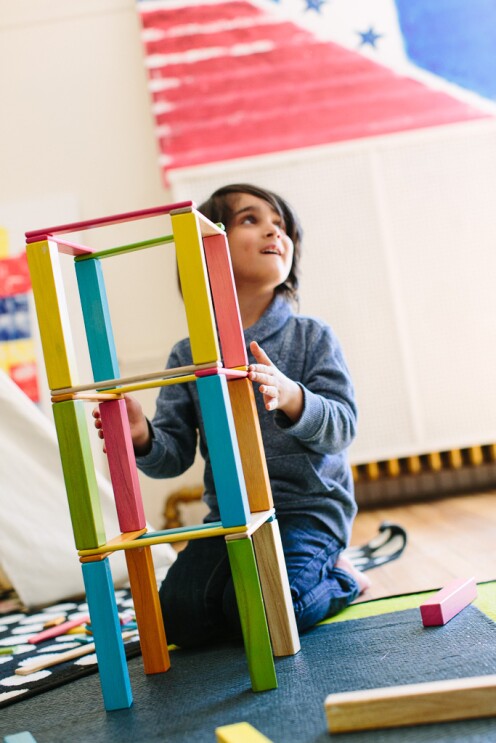
When Chris and Will Haughey started Tegu, they asked themselves: “Can we create a for-profit company based in Honduras that would foster a positive social impact through our work?” Today, Tegu brings hope, purpose, and opportunity to developing countries, primarily through job creation – starting with their independent toy factory outside Tegucigalpa, Honduras. The Haugheys created their first product, magnetic wooden building blocks, by experimenting with toy prototypes in Silicon Valley kindergartens.
“Honduras is the third poorest country in the Western Hemisphere and continues to have one of the highest unemployment rates,” said Chris. “We are here to change this story and are striving to do this by paying our employees a living wage and prioritizing long-term career growth and development.” Today, Tegu employs 140 employees in Honduras.
“We set out to create jobs by establishing a business that would attach Honduras to the global economy in a scalable way,” said Will. “We discovered a rich supply of Central American hardwoods that could be sustainably harvested, so we created a high-value product that could be exported, such as our magnetic wooden toys.”
Tegu provides a variety of programs to support its employees, and their families, in Honduras. They have established an on-site health clinic, in-house leadership training programs, local mission opportunities, and more. Tegu has also created a variety of recycling processes for raw materials, including sawdust, plastics, and other industrial wastes.
Trending news and stories
- How Amazon proved its new delivery drone is safe for takeoff
- Amazon’s AI-powered ‘Interests’ feature automatically finds new products that match your passions and hobbies
- Amazon makes it easier for developers and tech enthusiasts to explore Amazon Nova, its advanced Gen AI models
- How to watch ‘Octopus!,’ coming exclusively to Prime Video









